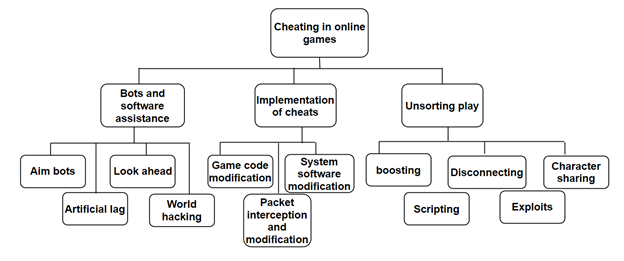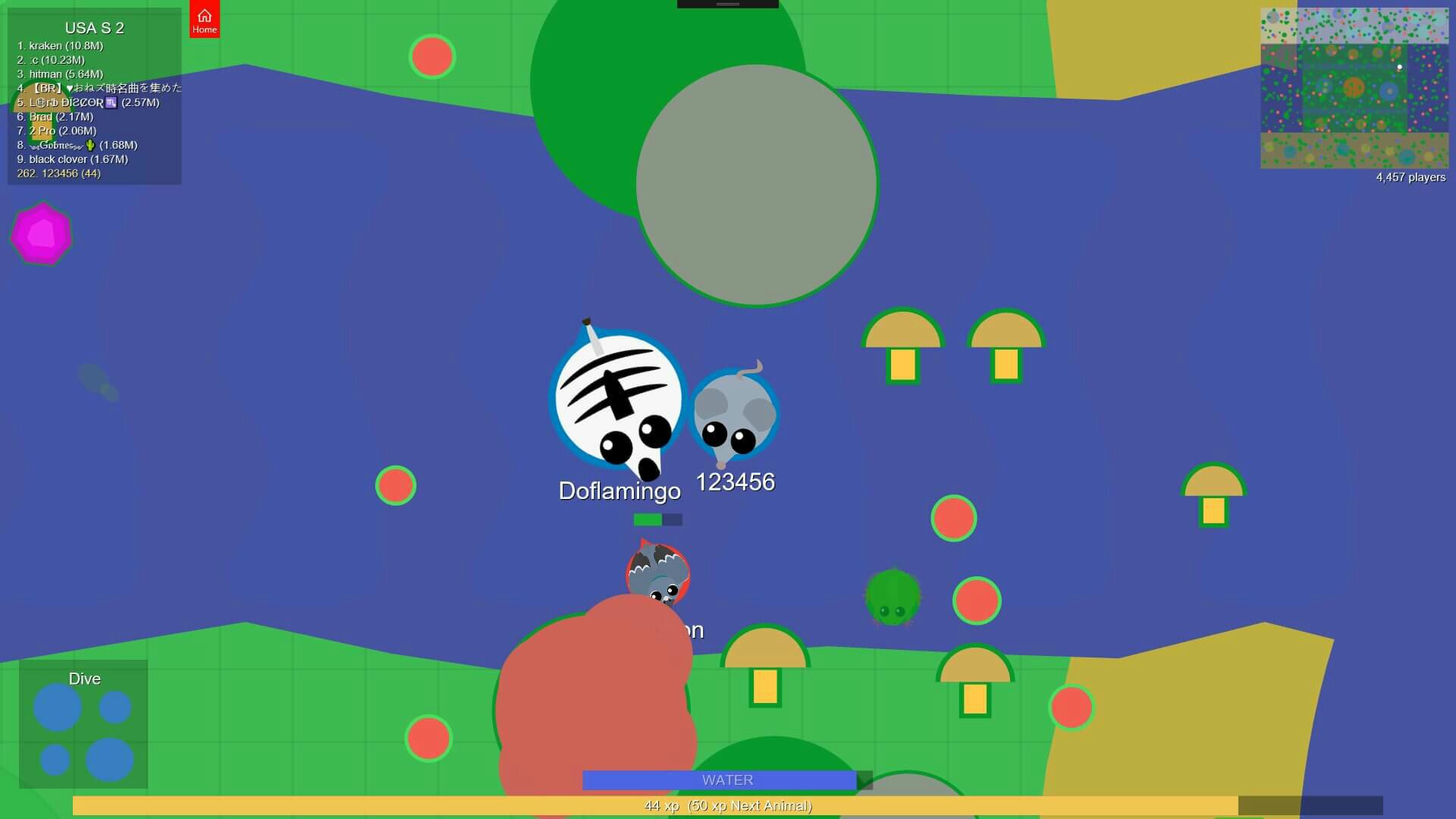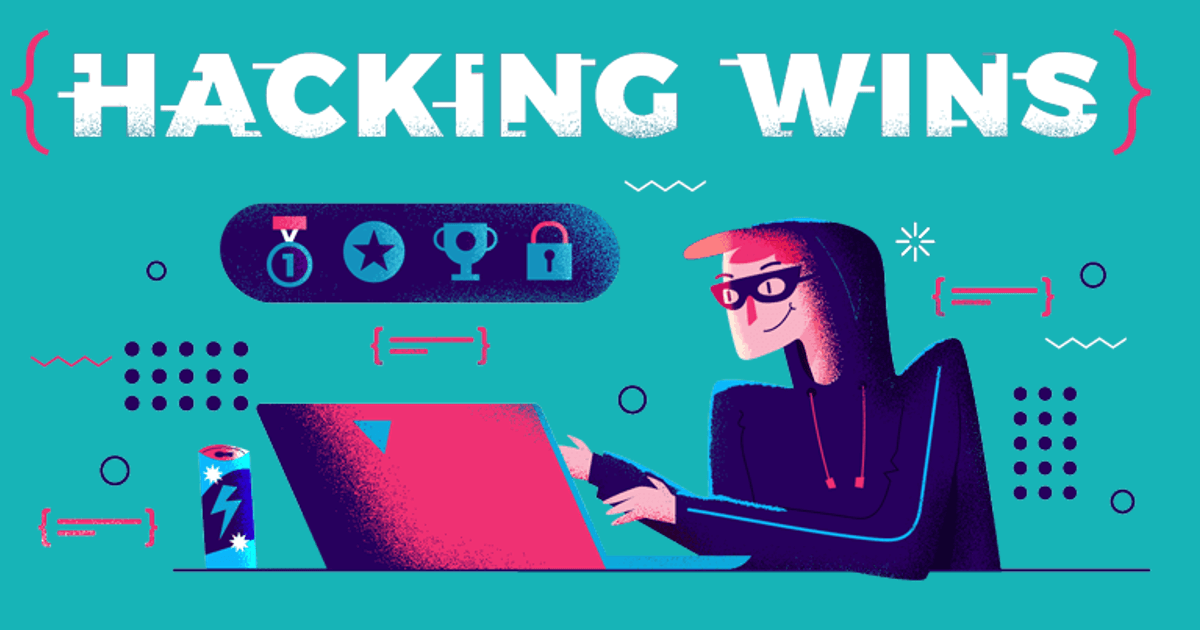The Evolving Landscape of Cheating in Online IO Games: A Look at 2025
Related Articles: The Evolving Landscape of Cheating in Online IO Games: A Look at 2025
Introduction
In this auspicious occasion, we are delighted to delve into the intriguing topic related to The Evolving Landscape of Cheating in Online IO Games: A Look at 2025. Let’s weave interesting information and offer fresh perspectives to the readers.
Table of Content
The Evolving Landscape of Cheating in Online IO Games: A Look at 2025

The world of online gaming, particularly the fast-paced and competitive realm of IO games, has always been susceptible to the allure of cheating. In 2025, the landscape of cheating in IO games is expected to be even more complex and sophisticated, requiring a deeper understanding of the tools and techniques employed by those seeking an unfair advantage. This article explores the potential evolution of cheating in IO games, examining the challenges it presents and the strategies that developers and players can adopt to combat it.
The Rise of Advanced Cheating Techniques
In 2025, the tools available to cheat in IO games are likely to become more powerful and harder to detect. Here’s a breakdown of potential advancements:
-
Artificial Intelligence (AI)-powered Bots: Advanced AI algorithms can learn game mechanics and player behaviors, allowing bots to mimic human gameplay with remarkable accuracy. These bots can be programmed to perform actions like farming resources, building structures, or even engaging in complex strategies, effectively eliminating the need for human intervention.
-
Memory Manipulation and Scripting: Cheat engines will likely leverage advanced scripting languages and memory manipulation techniques to directly alter game variables. This could involve boosting player stats, bypassing resource limits, or even manipulating the game’s physics engine to gain an unfair advantage.
-
Real-time Data Analysis and Prediction: Cheaters might utilize sophisticated data analysis tools to predict player movements, anticipate enemy actions, and even exploit vulnerabilities in the game’s code. This can provide a significant advantage in fast-paced environments where split-second decisions matter.
-
Network Manipulation and DDoS Attacks: Cheaters could exploit network vulnerabilities to manipulate game data or disrupt the gameplay experience for others. Denial-of-service (DDoS) attacks could be used to disconnect players from servers, hindering their progress and disrupting the game’s balance.
The Impact of Cheating on the Gaming Community
The prevalence of cheating in IO games can have a detrimental impact on the gaming community:
-
Erosion of Trust and Fairness: Cheating undermines the competitive spirit and sense of fairness that are essential to the enjoyment of online games. It can create a sense of distrust among players, making them hesitant to participate in competitive matches.
-
Negative Impact on Game Balance: Cheaters can disrupt the game’s balance, making it difficult for legitimate players to compete. This can discourage participation and ultimately harm the game’s long-term viability.
-
Damage to the Game’s Reputation: A reputation for widespread cheating can damage the game’s image and discourage new players from joining the community.
Strategies for Combating Cheating
Developers and players alike need to actively combat cheating to protect the integrity of IO games:
Developer Strategies:
-
Enhanced Anti-Cheat Systems: Developers can employ advanced anti-cheat systems that use machine learning and behavioral analysis to detect and prevent cheating. These systems should be constantly updated to stay ahead of evolving cheating techniques.
-
Server-Side Validation: Implementing server-side validation of game data can reduce the effectiveness of client-side manipulation. By verifying player actions and data on the server, developers can minimize the impact of cheating.
-
Active Monitoring and Enforcement: Dedicated teams should actively monitor player behavior and investigate suspicious activity. Implementing robust reporting systems and swift enforcement measures can deter cheaters.
-
Transparency and Communication: Open communication with the community about anti-cheat efforts is essential to foster trust and encourage cooperation. Transparency regarding detected cheating cases and the actions taken can help build confidence in the game’s integrity.
Player Strategies:
-
Report Suspicious Activity: Players should actively report suspicious behavior to the developers or game moderators. This helps to identify and address cheating more quickly.
-
Avoid Cheating: It is crucial to emphasize the importance of fair play and discourage players from engaging in any form of cheating.
-
Support Developers’ Anti-Cheat Efforts: Players can support developers’ anti-cheat efforts by providing feedback, participating in community forums, and spreading awareness about the importance of fair play.
FAQs on Cheating in IO Games
Q: What are some common signs of cheating in IO games?
A: Common signs of cheating include:
- Unrealistic Player Performance: Players exhibiting significantly higher stats or abilities than others, especially those who are consistently winning.
- Unusual Movement Patterns: Players moving at impossible speeds or teleporting around the map.
- Unnatural Resource Accumulation: Players acquiring resources or building structures at an abnormally fast rate.
Q: How can I protect myself from cheaters in IO games?
A: While you cannot entirely eliminate the risk of encountering cheaters, you can take steps to minimize their impact:
- Play with Trusted Friends: Playing with friends you know and trust can reduce the likelihood of encountering cheaters.
- Choose Reputable Servers: Opting for servers with active anti-cheat measures and strong community moderation can help minimize cheating.
- Avoid Suspicious Matches: If you encounter players exhibiting suspicious behavior, consider leaving the match and reporting them.
Q: What are the consequences of cheating in IO games?
A: Consequences for cheating can vary depending on the game and the severity of the offense. Some common penalties include:
- Account Suspension: Temporary or permanent suspension of the player’s account.
- Banning from Servers: Exclusion from specific servers or game modes.
- Loss of Game Progress: Deletion of in-game achievements, resources, or progress.
Tips for Developers and Players
- Embrace a Culture of Fair Play: Encourage a community that values fair play and discourages cheating.
- Promote Transparency and Open Communication: Keep players informed about anti-cheat efforts and the measures taken to address cheating.
- Continuously Improve Anti-Cheat Systems: Invest in research and development to stay ahead of evolving cheating techniques.
- Encourage Player Reporting: Make it easy for players to report suspicious activity and take action on those reports.
- Educate Players: Provide clear guidelines on acceptable behavior and the consequences of cheating.
Conclusion
The battle against cheating in IO games is a constant evolution. As technology advances and cheaters become more sophisticated, developers and players must adapt and collaborate to protect the integrity of these games. By embracing a culture of fair play, implementing robust anti-cheat measures, and fostering open communication, the gaming community can create a more equitable and enjoyable experience for everyone. The future of IO games depends on the collective effort to ensure that competition remains fair and rewarding for all players.








Closure
Thus, we hope this article has provided valuable insights into The Evolving Landscape of Cheating in Online IO Games: A Look at 2025. We thank you for taking the time to read this article. See you in our next article!